Politics and Government: Organizations and Institutions
Tullia Calabi-Zevi
Born in Milan, Tullia Calabi-Zevi began working as a journalist during World War II and wrote prolifically for a number of publications over the next few decades. In her later life she held many public leadership positions, including several in organizations specifically concerning Jewish life in Italy.
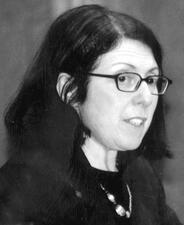
Canada: From Outlaw to Supreme Court Justice, 1738-2005
The positive aspect of the Canadian mosaic has been a strong Jewish community (and other communities) which nurtured traditional ethnic and religious values and benefited from the talent and energy of women and men restrained from participation in the broader society. The negative aspect has included considerable antisemitism and, especially for women, the sometimes stifling narrowness and conservatism of the community which inhibited creative and exceptional people from charting their own individual paths.
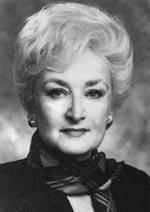
Shoshana S. Cardin
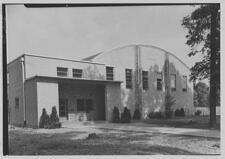
Cedar Knolls School for Girls
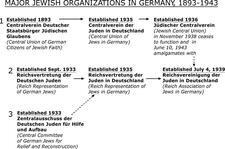
Central Organizations of Jews in Germany (1933-1943)
During the Nazi regime, the political participation of the League of Jewish Women in the affairs of the Jewish self-help organization the Reichsvertretung was initially unwelcomed by male leaders, despite the fact that women attended its meetings. Following the dissolution of the League in 1938, four of its members created their own network in order to present a united front for Jewish women’s interests and continued to participate in important functions of the Reichsvertretung.

Peggy Charren
Peggy Charren, founder of Action for Children’s Television (ACT), took on the burgeoning television industry of the 1970s and won. She received a Presidential Medal of Freedom in 1995 for her work on behalf of quality television programming for children.
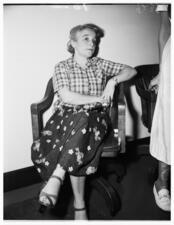
Rose Chernin
Ambivalent about Judaism, passionately Marxist, charismatic, and courageous, Rose Chernin devoted a great deal of her life to securing the rights of disenfranchised citizens: the unemployed of the Depression, farm workers without a union, Black home buyers thwarted by redlining, and other foreign-born leftists, like herself, who faced deportation in the 1950s.
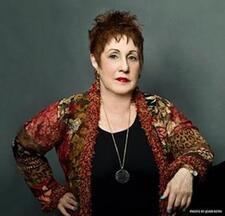
Phyllis Chesler
Civil War in the United States
During the Civil War, Jewish women performed a range of classic responsibilities brought on by wartime exigencies. Their efforts tended to generate little in the way of documentation, and thus historians studying the involvement of Jewish women in the Civil War and the impact of the war on Jewish women have a sparse body of primary sources upon which to draw.
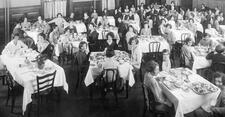
Clara De Hirsch Home for Working Girls
The Clara de Hirsch Home for Working Girls was established in May 1897 to provide housing, occupational training, and community to mostly poor and immigrant young women in New York City.
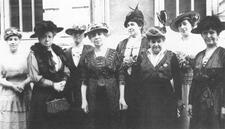
Club Movement in the United States
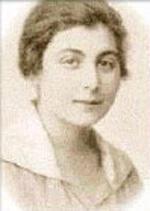
Regine Freund Cohane
Audrey Cohen
Audrey Cohen was the founder and president of Audrey Cohen College in New York City, which emphasized a purpose-oriented understanding of education. In 1964 she founded the earliest iteration of Audrey Cohen College, Women’s Talent Corps, which combined study with on-the-job training and greatly benefited low-income women.
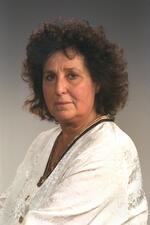
Geulah Cohen
A perennial firebrand of the Israeli Right, Geulah Cohen was a major fixture in Israeli politics from the pre-state era through to the twenty-first century. She was a Lehi-affiliated member of the Jewish Underground in British Mandatory Palestine, served in five Knessets from 1974 to 1992, and was one of the first prominent female Israeli politicians of Mizrahi origin.
Jessica Cohen
Jessie Cohen served as editor of the Jewish Review and Observer for most of her life, maintaining an important resource for Jews in the city of Cleveland. She ran the Jewish Review and Observer for decades, finally retiring due to ill health, and remained editor emeritus until her death in 1945.
Naomi W. Cohen

Natalie Cohen
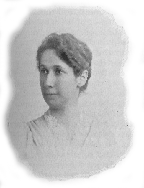
Nina Morais Cohen
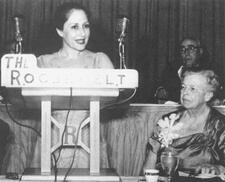
Rosalie Cohen

Selma Jeanne Cohen
It was Selma Jeanne Cohen’s mission in life to make dance scholarship a respected field, taking its place with the study of the other arts both in society and, particularly, the university. As a writer, editor, and teacher, she was a leader in transforming dance history, aesthetics, and criticism into respected disciplines. Cohen founded the Society of Dance History Scholars and received the first Dance Magazine Award ever given to a dance historian.
Felice Cohn
Felice Cohn was one of Nevada’s first women lawyers in the early twentieth century, an author of suffragist legislation in Nevada, and one of the first women allowed to argue before the United States Supreme Court.
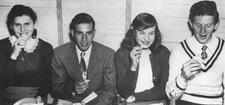
College Students in the United States
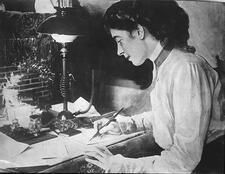
Communism in the United States
From the 1920s into the 1950s, the Communist Party USA was the most dynamic sector of the American left, and Jewish women—especially Yiddish-speaking immigrants and their American-born daughters—were a major force within the party and its affiliated organizations. Their numbers included community organizers, labor activists, students, artists and intellectuals. When the communist movement faded in the 1950s, these women carried radical traditions into new movements for social justice and international cooperation.
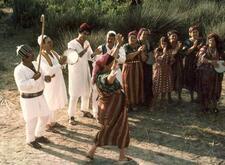
Community Dance Practices in the Yishuv and Israel: 1900-2000
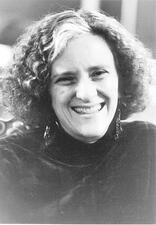
Conservative Judaism in the United States
Women have played a pivotal role in propelling the Conservative Movement to confront essential issues including Jewish education and gender equality. The Movement’s attention to issues such as the religious education of Jewish girls, the status of the agunah (deserted wife), equal participation of women in ritual, the ordination of women, and innovations in liturgy and ritual to speak to women’s experiences has helped to shape the self-definition of Conservative Judaism, and has enabled talented Jewish women to reach new heights in religious leadership.


